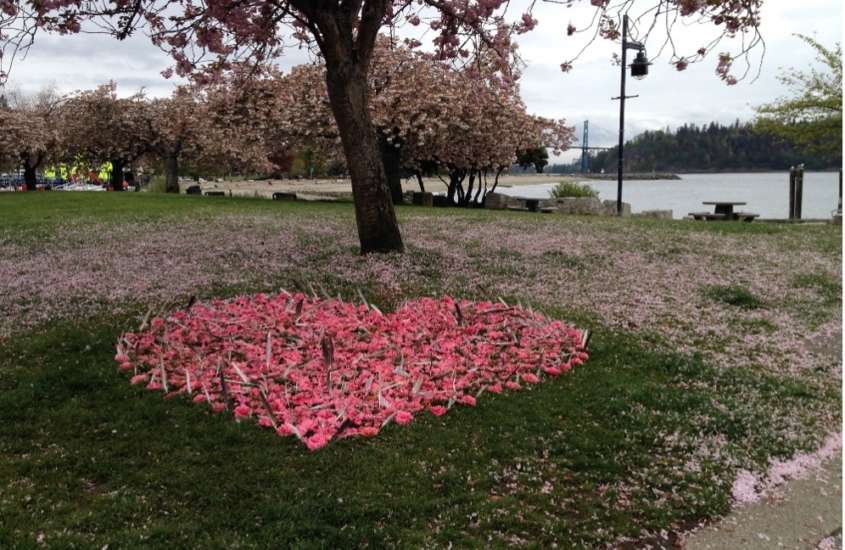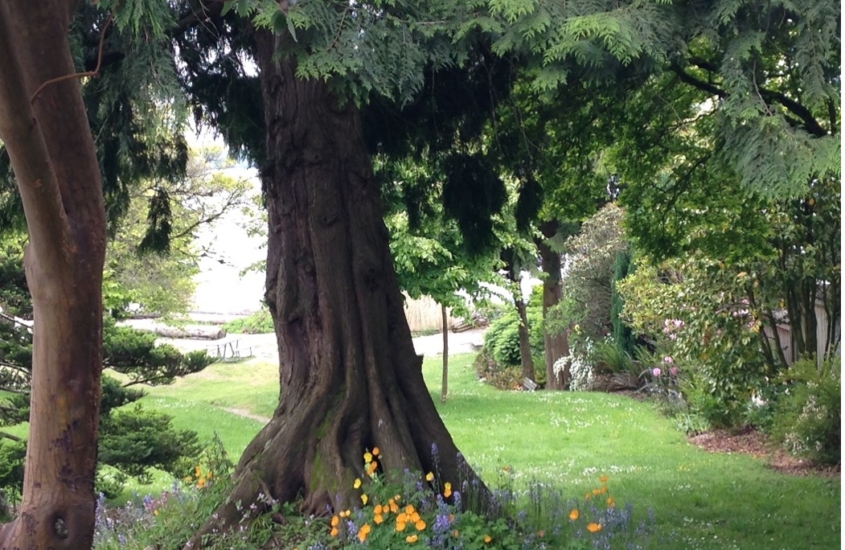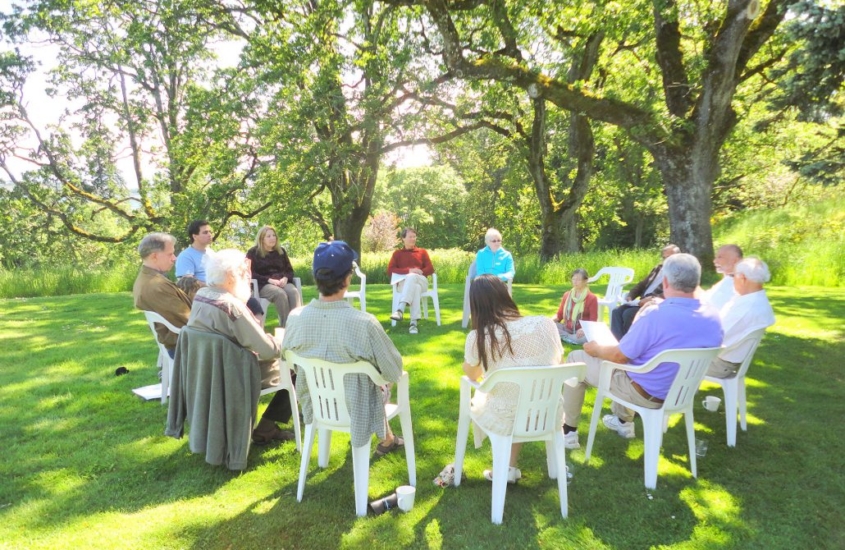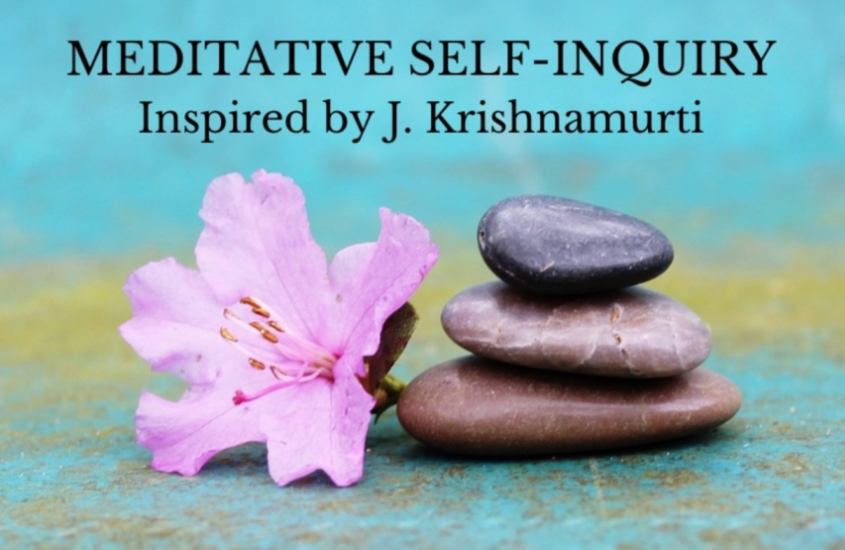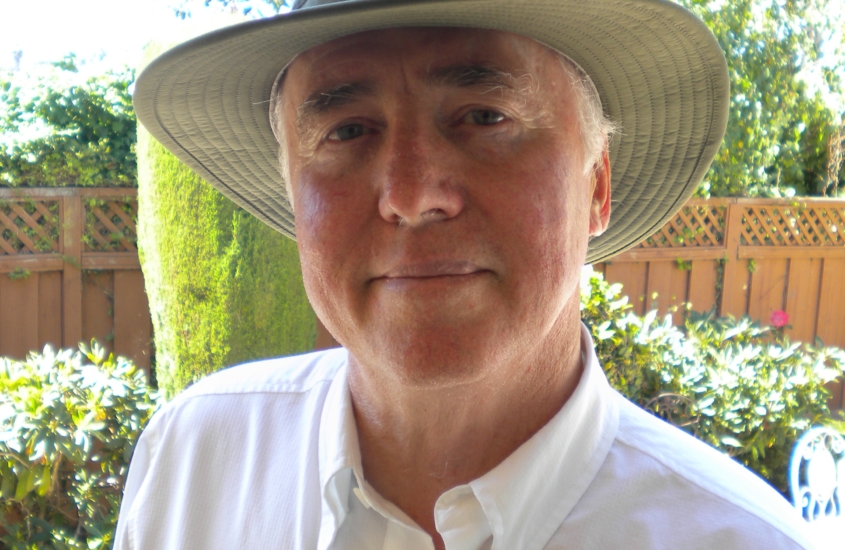Self-inquiry with Jackie McInley, November 15, 2023
Self-inquiry with Jackie McInley
Wednesday, November 15, 2023
At Esquimalt Gorge Park Pavilion
Victoria, BC
Twelve people in total were present for this Wednesday afternoon meeting sponsored by the Krishnamurti Educational Centre of Canada and held at the beautiful new pavilion in Esquimalt Gorge Park. The idea of hosting the meetings in Victoria is to make them more accessible for people living in town than having to drive out to the Centre in Metchosin.
As is usually the case, we began with about five minutes of silence followed by a brief talk by Jackie introducing the subject of “dialogue” to those not familiar. Somewhat surprisingly, she pointed out that we were not here to learn something or to become something (more free, loving, clear, etc.) The intention of dialogue in Krishnamurti circles is to see what we actually are. What is driving our lives in ways we may not be aware of? Can we see, within the group interactions, what is actually going on within us, within our thoughts and feelings, in a fresh and revealing way? Can we discover something new about ourselves?
Jackie asked what we would like to look at today and told a story of some happenings that had taken place while she was facilitating a dialogue group online a few days before. The incident had produced some conflict within the group, apparently based on a fear of offending other individuals. It was suggested that a desire for cohesion would inevitably create some conflict and the group spent some time looking at issues arising out of opposing desires for cohesion and individuality. Could the two co-exist? We explored some of the ways thought creates our reality and our world.
During our communication Jackie remarked that there was a lack of intensity in the group which she was experiencing as boring and “incoherent”. She wondered if asking a question about our sense of fear when speaking in front of a group would open up the dialogue and make it more “interesting”. She asked if we all felt fear when in such a situation, which opened up several avenues of inquiry. Themes of connection and disconnection were brought forward and it was suggested that attachment to an identity blocks connection and love. Is it possible to feel our vulnerability and yet not get caught in the full impact of feelings like guilt, for example. Can there be a sense of being stressed without losing the sense of space which surrounds our feelings and thoughts? This seemed like a valuable theme to pursue, but it was time to bring the meeting to a close. Participants were quite animated as they packed up and departed.
DB

